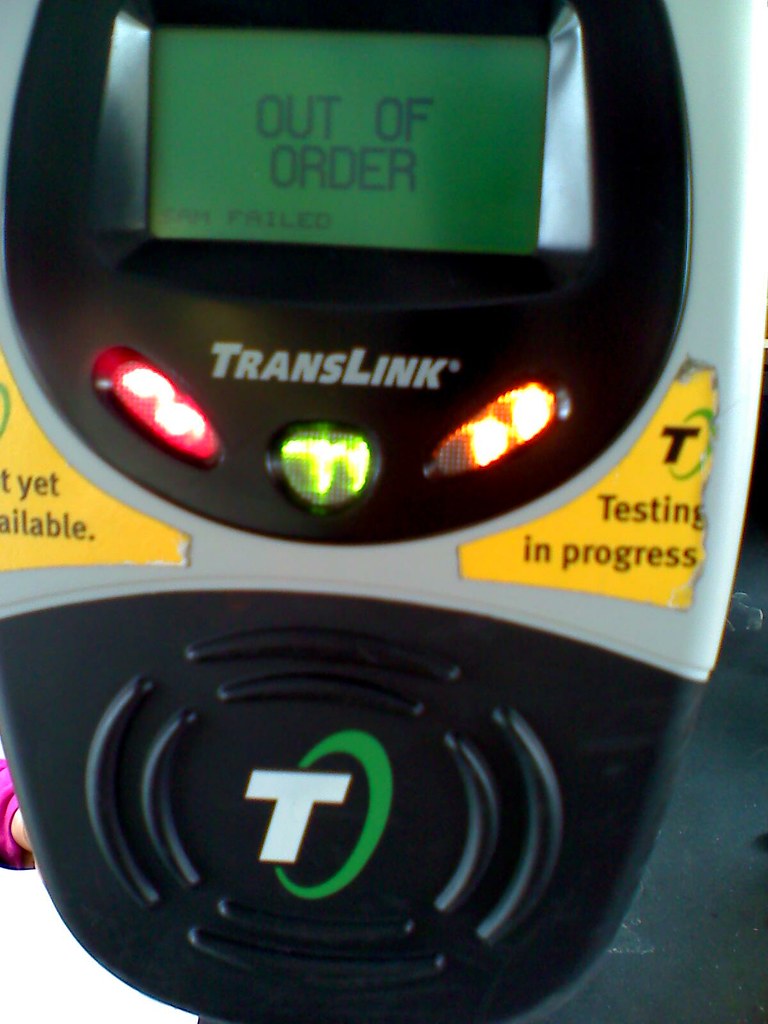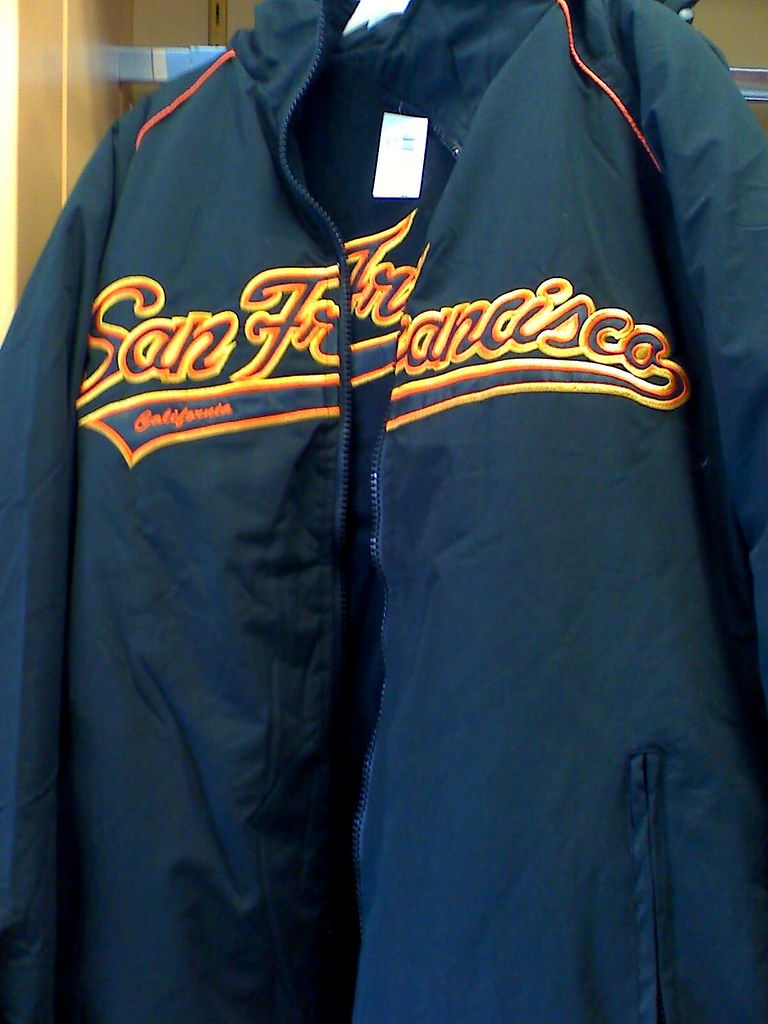And something crossed my mind as I walked through the Kintetsu mall that evening, I looked around and saw not many people walking down the aisles of the mall, yet it was so interesting to just go to Mifune for an order of cold noodles (the "Mifune Special") and realize that the place is nearly packed. I also realized that the other restaurants, including the ever so expensive Benihana was crowded too.
Sometimes I wonder if Japantown is really changing for the good or the bad. One observation I noticed as I was eating my dinner at Mifune is the other people around me. Interestingly, there was not even one fellow Japanese American in sight, and it was a little difficult to find a fellow Asian American. Most of the people I saw are European American.
Just this observation alone made me wonder about what might happen to Japantown. In a previous discussion with a friend, we talked and agreed that while we believe the people who have been raised or have been very active in this community feel that "outsiders" who want to help is an uncomfortable idea; the other point of view I mentioned is the concept of "strength in numbers."
In the society of Japantown, it is becoming much harder to gather the support of the people of the community to fight for the preservation of our community. Yet, when we think about it, we need that "strength in numbers" to help secure our community. One particular example I have noticed these days is at the Cherry Blossom Festival. As always, the "regulars" are out there to support our community, but these so-called "outsiders" also play a major role in supporting our community as a whole. In this situation, the best example I can provide is the anime fair and their segment of the parade. It is amazing to see many young people, many of whom are not even Japanese American, participating in this event.
In some form, our community needs to find a way to promote this idea of "strength in numbers," and anime and Japanese popular culture may be the new way to do it.
Right now, our community is like an "old school" society, where the community is old fashioned. We practice some good old traditions including martial arts, and our restaurants reflect an old fashioned style. Right now, the community is taking a turn, trying to get those numbers by simply relaxing this old fashioned ideal and welcoming in the anime and J-pop theme. The Miyako inn was transformed into a J-pop themed hotel, and we are now building the new J-Pop center.
To many people I speak to in the community, all of them believe in preservation of the community. To many of them, it is keeping the traditions of Japantown alive. Yet, I see that the anime and J-pop idea may be a new concept that might actually help us, although we are sacraficing the old fashioned ideals that have been with us for generations.
I love Japantown a lot. It is difficult for our community to come together and fight because many of us have a job and it makes it a challenge to be out there. I feel that I sometimes regret that I can't always be out there to be the young leader of the community, yet I am still proud of the accomplishments that I have taken part of, including my leadership work to fight to preserve Japantown during the massive sale of the malls and hotels in 2006.
In one view, it can be said that Japantown will always be here, no matter what happens in the future. To others, they feel that Japantown will disappear if we don't do anything.
Today, we are struggling with the planned demolition and renovation of the Japan center. There is word that they will destroy our existing infastructure and insert something even worse: a taller facility that houses businesses and homes, and may destroy the economy of our community. Those malls and the businesses who lease the spaces make a big impact to our community, and if they destroy the malls and the shopkeeps are forced to find somewhere else, will they ever return? Will they be guaranteed a space with the promise of the same rent rate?
It seems that nobody has the true guts to ask this question to the people. Many Japanese Americans in our community have this feeling that they should not speak out, yet there are legendary Japanese Americans who have spoken out on items in the past and have became the true leaders and representatives of our community.
- Steve Nakajo, co-founder and Executive Director of Kimochi Inc., a non-profit senior services organization wanted to provide services to Japanese American elders because of the tradition of younger people always taking care of our elderly.
- Paul Osaki, Executive Director of the Japanese Cultural and Community Center of Northern California always speaks out about the issues surrounding our community.
- My late grandmother, Ms. Tsuyako "Sox" Kitashima was a survivor of the Japanese Interment Camps and was given a reality check from younger Japanese Americans that they should demand redress and an apology from the goverment for violating their civil rights and making them lose all their property. She was the first to speak out about her experiences in the Japanese interment camps and she went out of her way to ask other people give their testimony to government representatives at a special hearing at Golden Gate University. And nobody could really believe that a 2nd generation 60+ year old grandmother and the belief that 2nd generation Japanese Americans would keep quiet about their camp experiences, would be out there pushing congress and other people to fight for redress. In the end, a big reward came to light; Japanese Americans interned in the camps received a $20,000 check and an apology from the president. And all it took was to speak-out and fight for what you believe in. Even after redress, my late grandmother helped other Japanese Americans sign-up for redress, and went to local public schools to tell the story to make sure nobody ever forgets.





